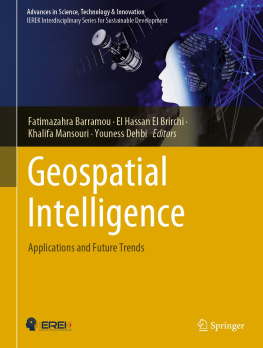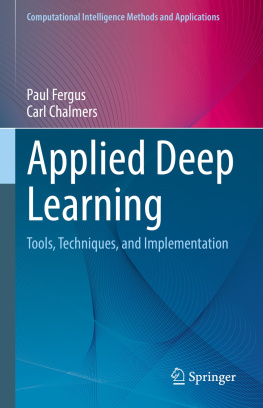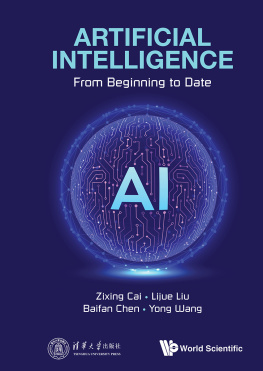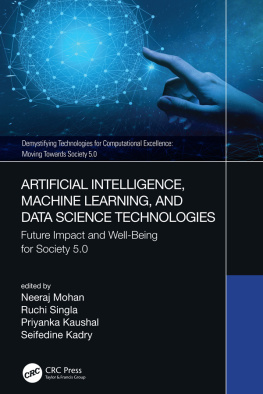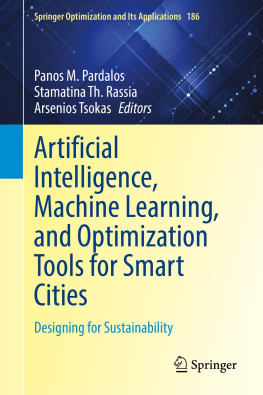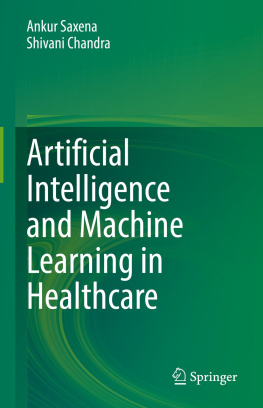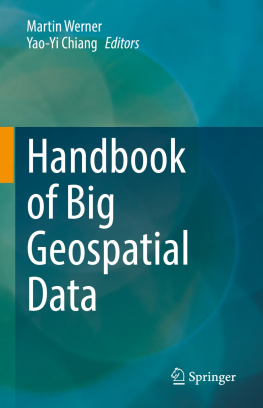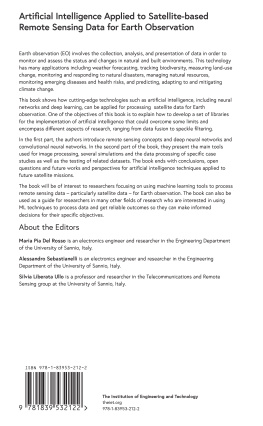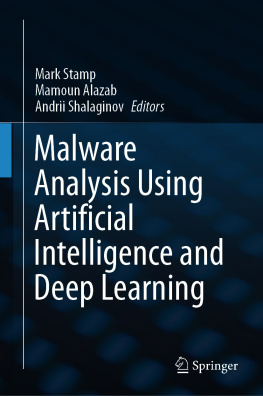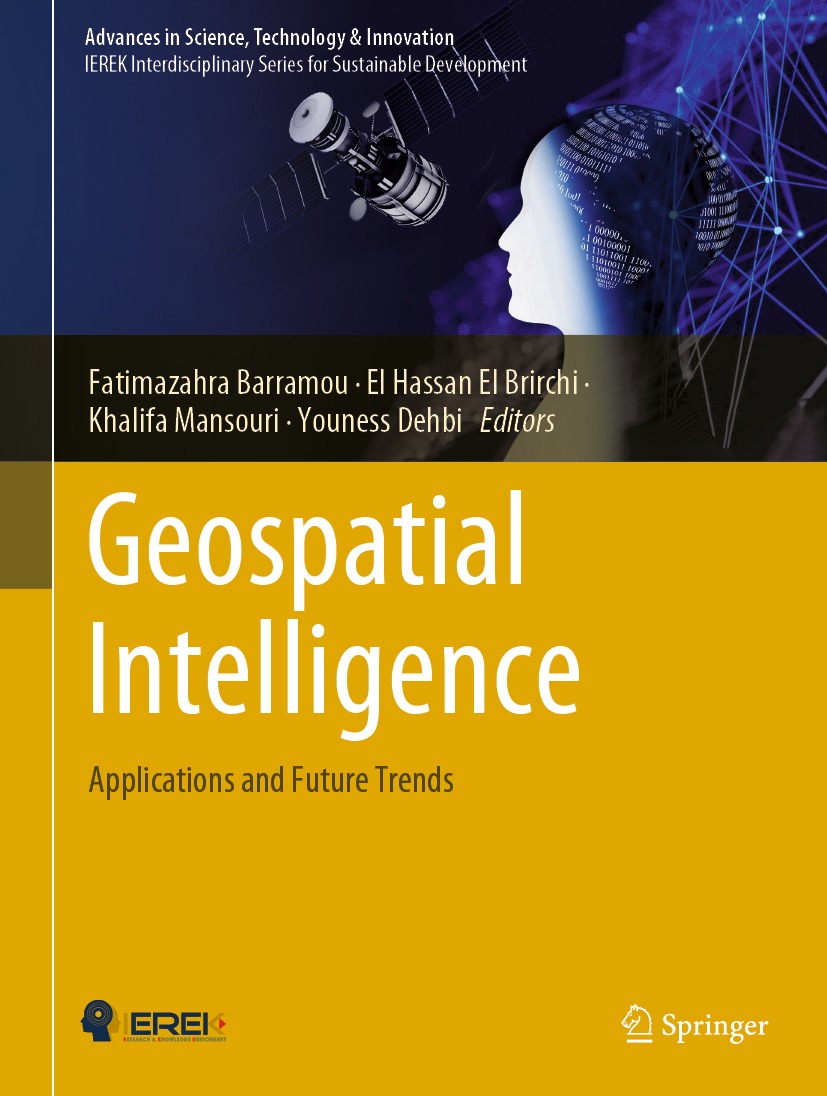Fatimazahra Barramou - Geospatial Intelligence: Applications and Future Trends
Here you can read online Fatimazahra Barramou - Geospatial Intelligence: Applications and Future Trends full text of the book (entire story) in english for free. Download pdf and epub, get meaning, cover and reviews about this ebook. year: 2021, publisher: Springer, genre: Politics. Description of the work, (preface) as well as reviews are available. Best literature library LitArk.com created for fans of good reading and offers a wide selection of genres:
Romance novel
Science fiction
Adventure
Detective
Science
History
Home and family
Prose
Art
Politics
Computer
Non-fiction
Religion
Business
Children
Humor
Choose a favorite category and find really read worthwhile books. Enjoy immersion in the world of imagination, feel the emotions of the characters or learn something new for yourself, make an fascinating discovery.
- Book:Geospatial Intelligence: Applications and Future Trends
- Author:
- Publisher:Springer
- Genre:
- Year:2021
- Rating:4 / 5
- Favourites:Add to favourites
- Your mark:
Geospatial Intelligence: Applications and Future Trends: summary, description and annotation
We offer to read an annotation, description, summary or preface (depends on what the author of the book "Geospatial Intelligence: Applications and Future Trends" wrote himself). If you haven't found the necessary information about the book — write in the comments, we will try to find it.
This book explores cutting-edge methods combining geospatial technologies and artificial intelligence related to several fields such as smart farming, urban planning, geology, transportation, and 3D city models. It introduces techniques which range from machine and deep learning to remote sensing for geospatial data analysis.
The book consists of two main parts that include 13 chapters contributed by promising authors. The first part deals with the use of artificial intelligence techniques to improve spatial data analysis, whereas the second part focuses on the use of artificial intelligence with remote sensing in various fields. Throughout the chapters, the interest for the use of artificial intelligence is demonstrated for different geospatial technologies such as aerial imagery, drones, Lidar, satellite remote sensing, and more.
The work in this book is dedicated to the scientific community interested in the coupling of geospatial technologies and artificial intelligence and exploring the synergetic effects of both fields. It offers practitioners and researchers from academia, the industry and government information, experiences and research results about all aspects of specialized and interdisciplinary fields on geospatial intelligence.
Fatimazahra Barramou: author's other books
Who wrote Geospatial Intelligence: Applications and Future Trends? Find out the surname, the name of the author of the book and a list of all author's works by series.

